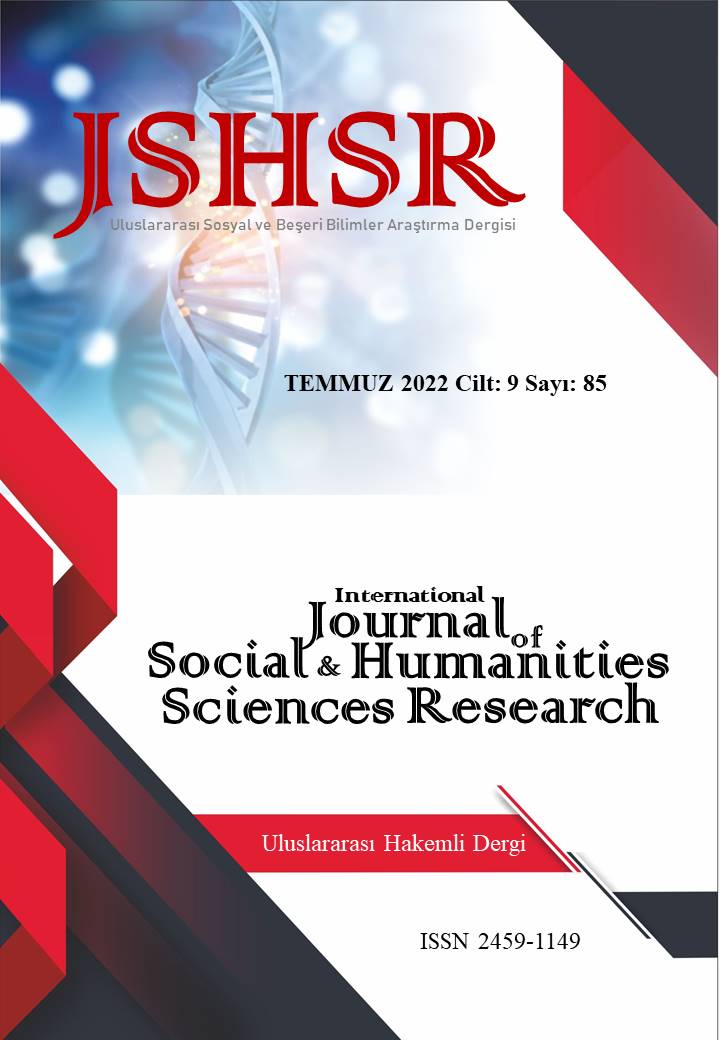AN EVALUATION OF THE DEVELOPMENT AND APPLICATION AREAS OF SCOUTING
DOI:
https://doi.org/10.26450/jshsr.3134Keywords:
Scouting, Leisure, MissionaryAbstract
Scouting activities, which aim to develop the skills, endurance, sociability, courage, cooperation, and solidarity of young people and children under an organized activity in natural conditions, appear as international and culturally uninformed volunteer youth work that does not discriminate against language, religion, or ethnicity. Today, these activities, in which 40 million individuals participate in more than 160 countries, are one of the largest youth movements in the world. Although this large formation is seen as a means of making use of the leisure time of the youth due to its establishment purpose, it is known that it is used for different purposes in practice. Since the 19th century, the aim of creating a nation-state identity has been a dominant power element, and the effort to create a military society and the importance of the concept of soldier and nation are examples of this. For this reason, due to the nature of the period, youth organizations outside the school such as scouting were valued in addition to the education given in schools. Within the scope of this study, besides explaining the historical development of scouting and its use for the physical and mental development of young people, the use of scouting activities in the field of missionary and colonialism by organizing young people in a paramilitary structure is discussed.
Downloads
Published
How to Cite
Issue
Section
License
Copyright (c) 2022 INTERNATIONAL JOURNAL OF SOCIAL HUMANITIES SCIENCES RESEARCH

This work is licensed under a Creative Commons Attribution 4.0 International License.


